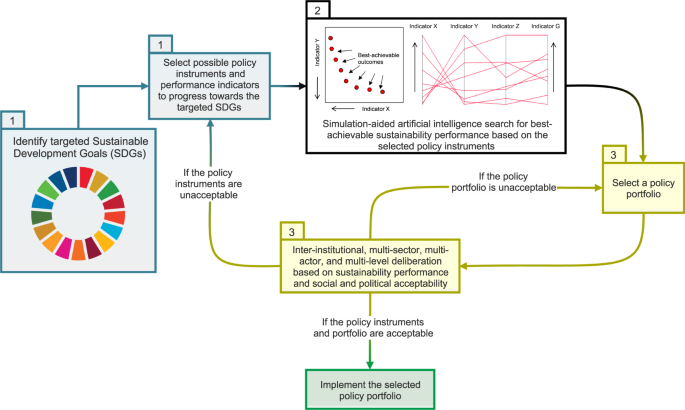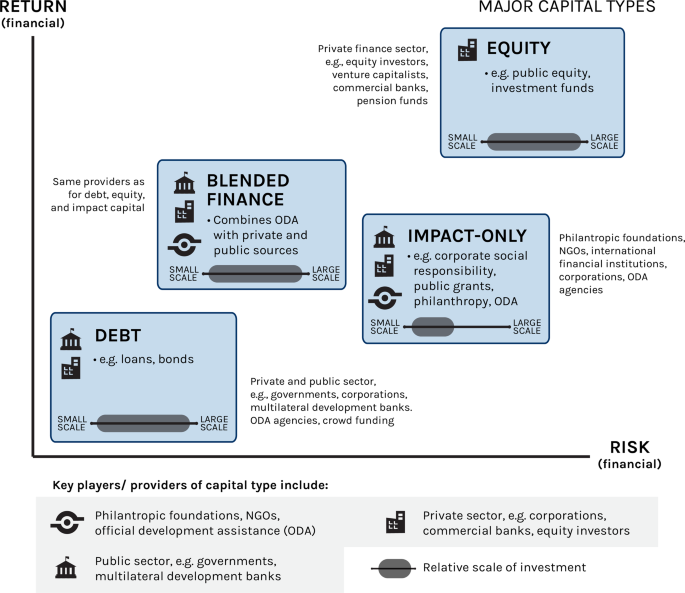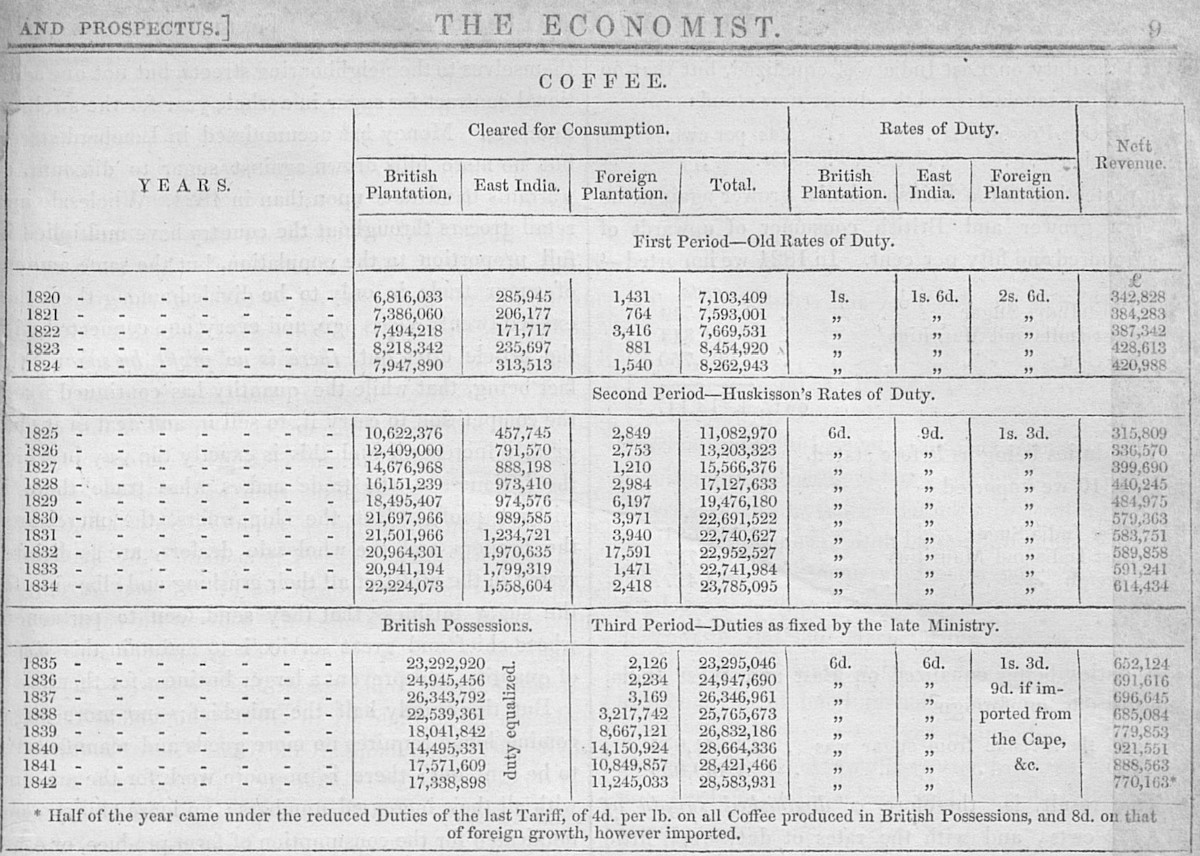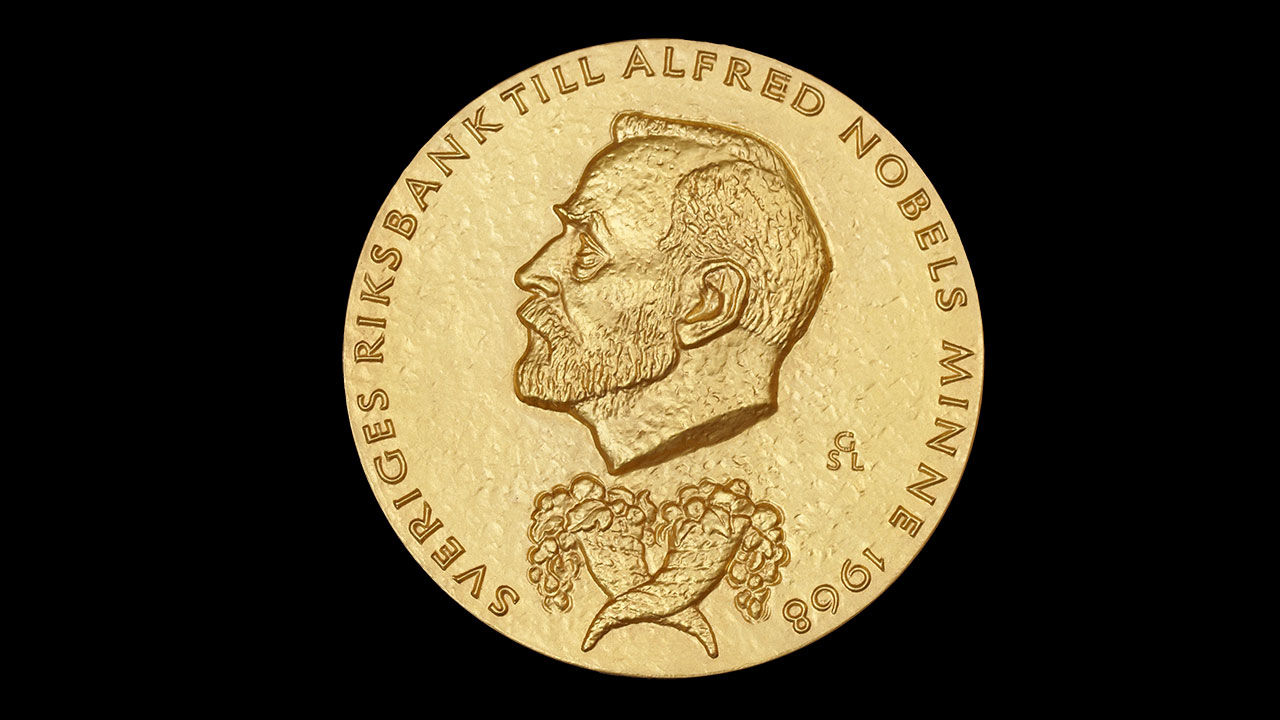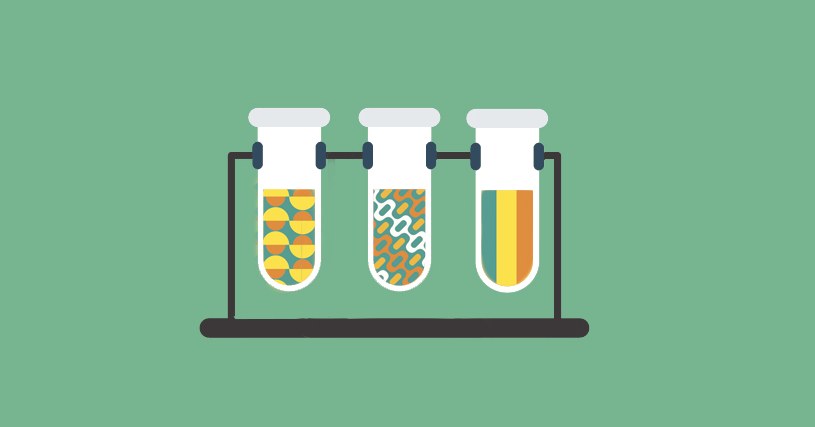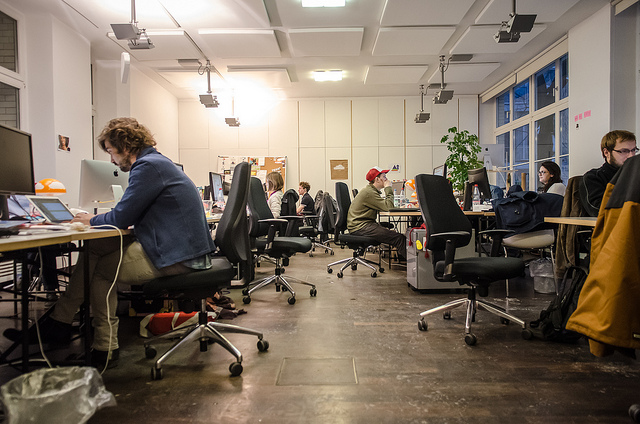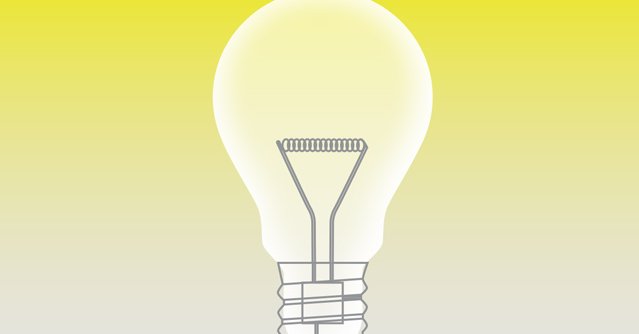Could Changes in Fed's Interest Rates Affect Pollution and the Environment?
Could Changes in Fed's Interest Rates Affect Pollution and the Environment?
Can monetary policy such as the U.S. Federal Reserve raising interest rates affect the environment? According to a new study by FAU's College of Business, it can. Results suggest that the impact of monetary policy on pollution is basically domestic: a monetary contraction or reduction in a region reduces its own emissions, but this does not seem to spread out to other economies. However, the findings do not imply that the international economy is irrelevant to determining one region's emissions level. The actions of a country, like the U.S., are not restricted to its borders. For example, a positive shock in the Federal Reserve's monetary policy may cause adjustments in the whole system, including the carbon emissions of the other regions.
